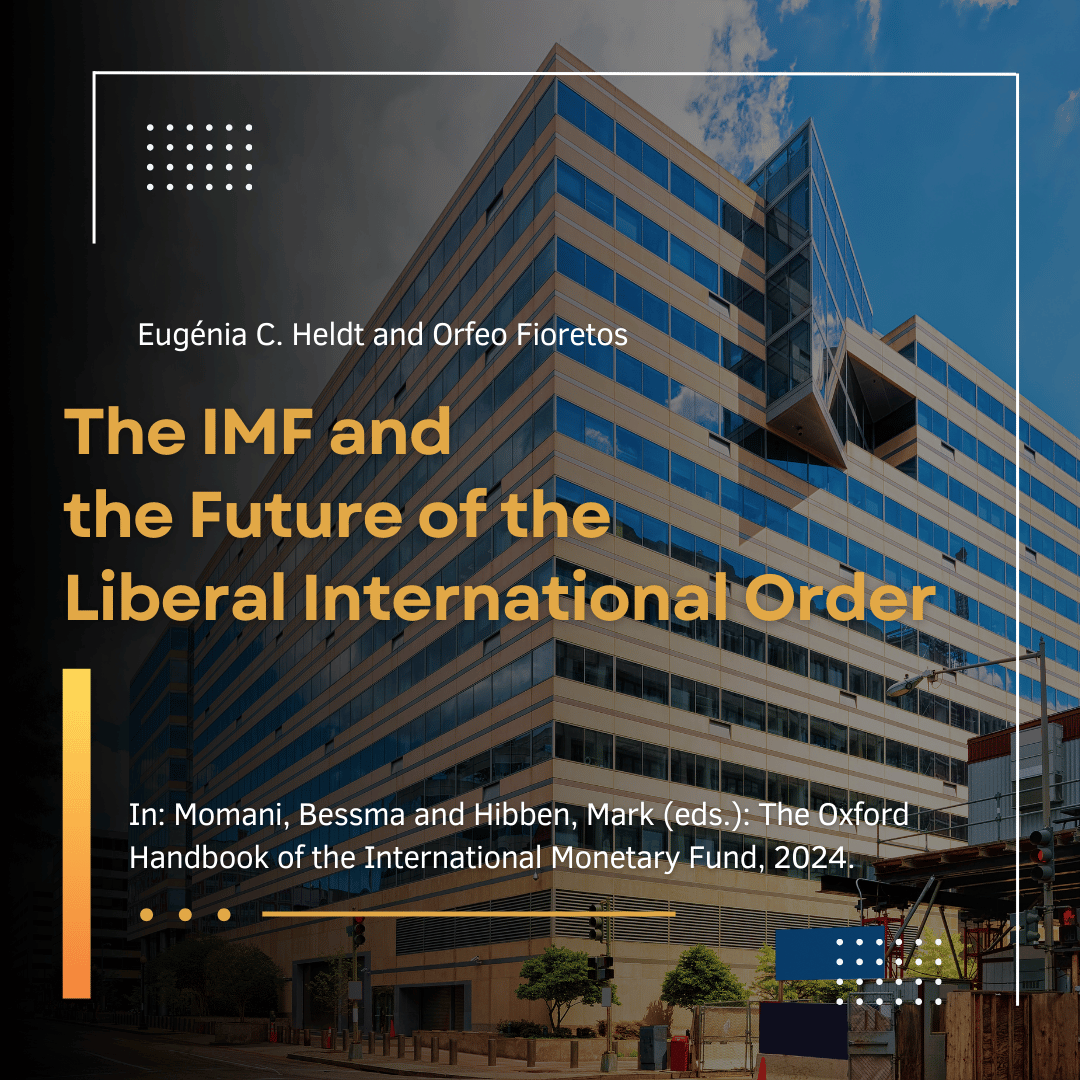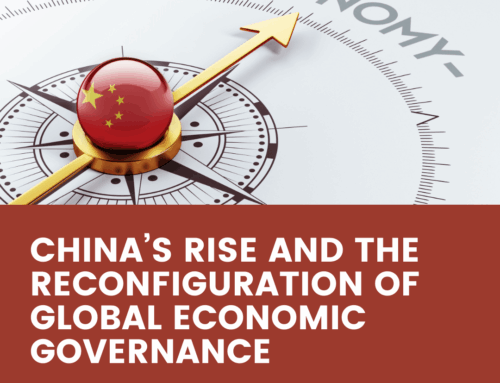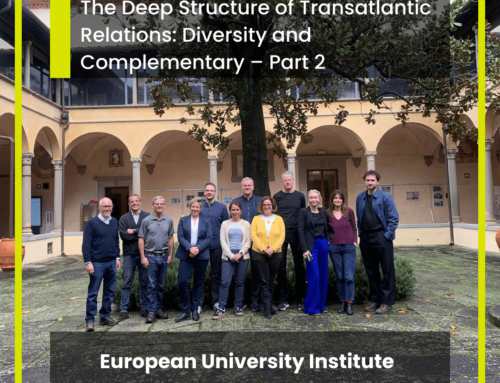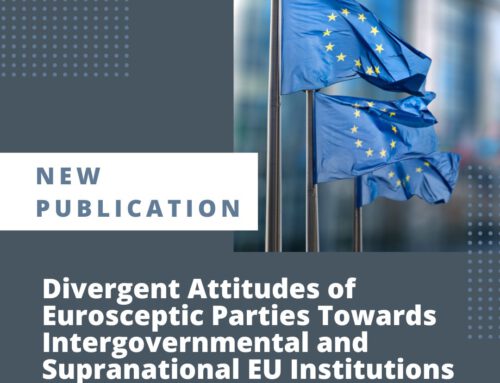Over 80 years, the IMF has been challenged by global power shifts, a more diverse membership, crises of legitimacy, populist backlash, and a more complex global institutional landscape that includes regional and informal economic institutions in its traditional areas of expertise. This contribution explores what past responses portend for the future of IMF beyond the Covid-19 pandemic. It argues that the IMF has overcome multiple past challenges without undergoing radical restructuring or becoming a peripheral organization by undertaking frequent and at times wide-ranging incremental changes to policies and governance structures. It shows how IMF adjusted to a more complex global landscape by expanding its scope and mandate to domains such as gender equality, climate change, sustainable development goals, and global health all while maintaining and boosting its expertise in the monetary and financial areas. The contribution concludes that the IMF has been a resilient organization that will likely experience similar developments in the future and maintain its centrality in the liberal international order.





